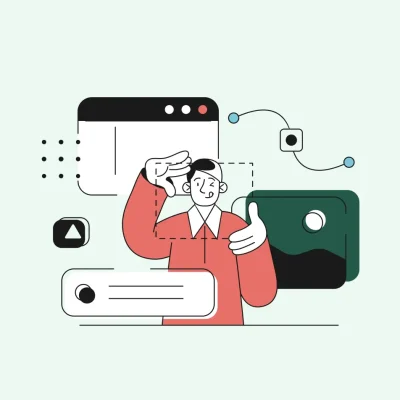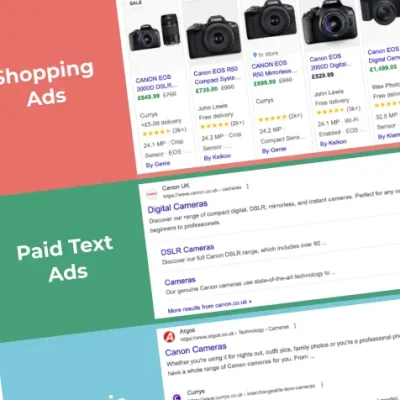So you’re thinking of a career in web development, but not sure where to start? We sat down with our Technical Director Christopher Waite to see what advice he’d give to aspiring developers.
Web development offers great flexibility in how you work, either freelance or salaried and almost every industry requires development in some capacity, meaning you have endless options to build a career to suit you.
With the ever changing landscape, there’s always new things to learn so you’ll have the opportunity to push yourself and grow your expertise. That said, here are a few tips to get you thinking and hopefully give you the confidence to start…
- Equip yourself. Whilst there are many languages that can be used for web development, focusing on the core scripting languages is a good idea as they provide lots of versatility. These are HTML, CSS, and JavaScript.
- Focus on some programming basics. The majority of programming languages share common elements such as variables, methods/functions, and loops. Pick a language and learn these basics. Tip: The aforementioned JavaScript is a good choice with a low barrier to entry and few dependencies.
- Ask questions. Try to find your answers in official documentation but also don’t be afraid to ask questions. Everyone has a different path through learning and therefore different experiences. Tap into these to broaden your knowledge.
- More specifically, try to question Why? Don’t just learn what to type but also question why you are typing it. Understanding why something works the way it does will help you when creating your own solutions.
- Learn some supporting skills. There are several supporting skills that will aid you on your journey to becoming a web developer. These are things like Git (version control), SQL (query language for databases), Regular Expressions (concept for matching patterns within text), etc.
- Revisit basic concepts often. There is always something new to play with but try to revisit the things you think you know. As you gain experience you may look at these in a different light or discover things you missed.
- Consider how to factor security into your code from the ground up. Security of written code is going to be a big topic for years to come; simple things like fully understanding how best to handle user-provided data will pay dividends.
- Learn from others. After you’ve grasped the basics of programming, it’s a great idea to explore how professionals write code. You can learn a lot by looking at open source projects, which are like real-life examples of how coding is done in a professional environment.
- Don’t be afraid to experiment. You can often learn transferable knowledge by experimenting outside of your main technical set. For example, playing around with a Raspberry Pi may help to teach some Linux terminal basics.
- Embrace change. The world of the web is fast moving with new languages, frameworks, services, and products popping up every day. Explore some of these and be ready to adapt if they gain traction.



